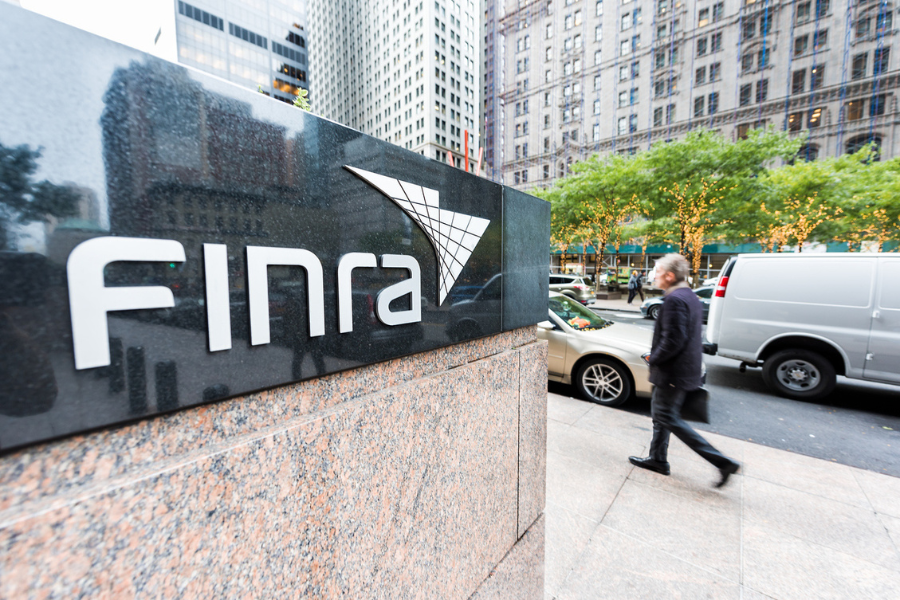

The work from home issue has been rumbling on for many years but was paused to a large degree during the Covid pandemic. But some brokerage firms are mandating return to the office, with some citing regulatory requirements.
However, while allowing registered persons to work remotely or hybrid from their home office or other location outside of the firm’s offices can some with additional responsibilities, Finra has been keen to refute statements from some firms that this results from “stringent” new rules, calling the claims “incorrect.”
The regulator says that “a location from which an associated person regularly conducts securities business on behalf of a member firm, including a home office, has always been subject to possible disclosure, registration and inspection under Finra rules and applicable rules of other regulators.”
However, it states that although during the pandemic firms were given relief from the rules as a temporary measure, firms were informed that this would end on May 30, 2024.
The new Residential Supervisory Location (RSL) Rule and Remote Inspections Pilot Program Rule are “intended to provide member firms greater flexibility — not less — to allow eligible registered persons to work from home, following the expiration of temporary COVID-19 relief from existing requirements,” Finra said.
While they are new rules, Finra says their implementation follows more than three years of its rulemaking process which included “substantial outreach” with firms and other stakeholders prior to approval by the SEC.
The regulator has provided guidance including webinars and documents explaining the rules and how they apply to brokerage firms, including:
Last year, a Deloitte survey revealed that 66% of U.S. financial services leaders who work remotely at least part of the week say they would quit their current role if they were forced to return to the office five days a week.

"The greed and deception of this Ponzi scheme has resulted in the same way they have throughout history," said Daniel Brubaker, U.S. Postal Inspection Service inspector in charge.

A survey reveals seven in 10 expect it to be a source of income, while most non-retired respondents worry about its continued sustainability.

AI suite and patent for AI-driven financial matchmaking arrive amid growing importance of marketing and tech among advisory firms.

The RIA's addition in Dallas, previously with Raymond James, comes just as the take-private deal between Corient's parent firm in Canada and Mubadala Capital comes to completion.

LPL's head of HNW planning says too many advisors are making a common mistake.
Stan Gregor, Chairman & CEO of Summit Financial Holdings, explores how RIAs can meet growing demand for family office-style services among mass affluent clients through tax-first planning, technology, and collaboration—positioning firms for long-term success
Chris Vizzi, Co-Founder & Partner of South Coast Investment Advisors, LLC, shares how 2025 estate tax changes—$13.99M per person—offer more than tax savings. Learn how to pass on purpose, values, and vision to unite generations and give wealth lasting meaning
